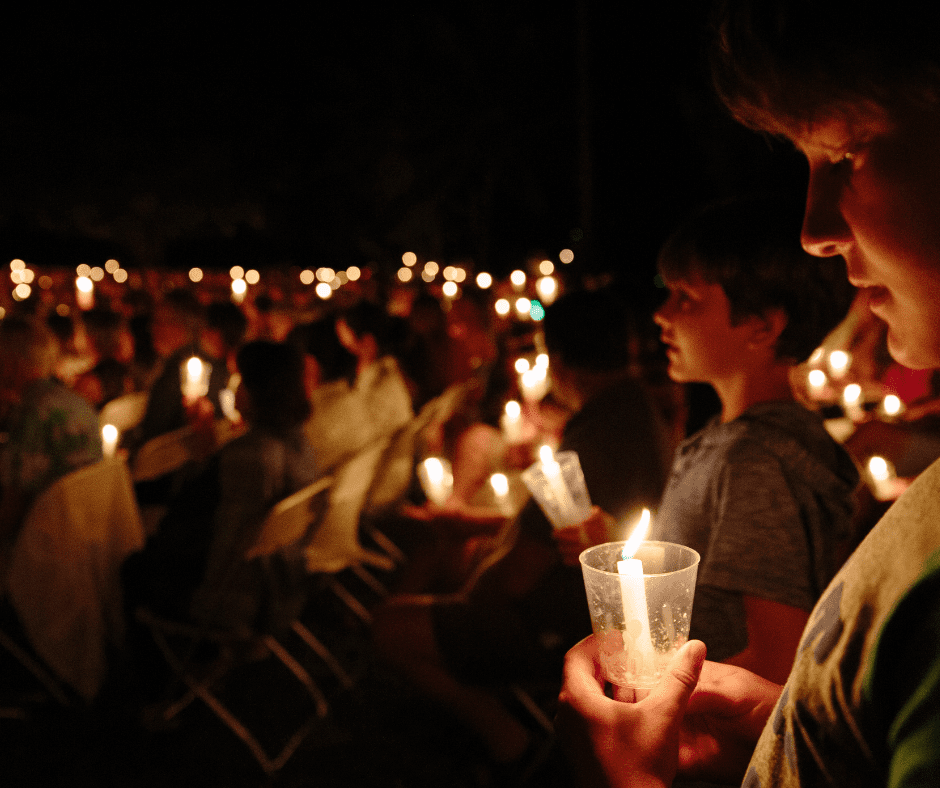
Seven-year-old Daniel Barden’s father Mark came on ahead of the video I was trying to pull up this morning. I’ve seen him often though these past 11 years since his son was one of the 20 children killed when a 20-year-old with an assault-style weapon began shooting at his elementary school. Mark’s message was clear and logical, brief and to the point, but before I clicked on anything further, I paused to take in the message on his face. It seemed a mixture of unbearable sorrow and steely determination, overlayed by an inexpressible tiredness, bordering on what looked to me like near exhaustion.
The organization he helped found, the Sandy Hook Promise, has been working to end gun violence as a way of honoring those whose lives ended there, and to eliminate occasions where other families would suffer the same fate. The ask was for me to donate money to be used in that effort. Mark didn’t mention the 189 school shootings that had occurred since the 10-year anniversary of Sandy Hook last December, or the 89 additional school shoots that have occurred so far this year. Better to stay focused, include a series of questions for the donor about what they think would be most effective in preventing the violence–enhancing background checks, banning assault weapons, red flag laws? Though I’ve seen the research that suggests all the above, I have an additional suggestion not offered in the choices provided.
I had been exploring, what seemed to me an old-fashioned word, “lamentation,” and a week of short essays on the topic on Richard Rohr’s website, The Center for Action and Contemplation. Lamentation means “the passionate expression of sorrow, that can include weeping, sobbing, moaning, wailing. Rohr calls lamentation prayer, a calling out and complaining to God and one another, “the most honest form of prayer.” We are reminded that Jesus wept, and blessed are
those who mourn.
Nigerian writer, Chimamanda Ngozi Adichie after the death of her father wrote, “Grief is a cruel kind of education. You learn how ungentle mourning can be, how full of anger. You learn how glib condolences can feel. You learn how much grief is about language, the failure of language and the grasping for language.”
Lament is a sung art form that Scottish artist friend Mari Campbell introduced me to when we worked together on an Art of Grieving program. Lament is her specialty. This singing on behalf of those who mourn is sometimes referred to as keening, a vocal lament for the dead in the Gaelic Celtic tradition. This sung improvisational writhing is often without meter, using sounds without meaning, as when women were hired to use their voices on behalf of the mourners at a funeral. This art practice has nearly disappeared partly due to its being outlawed by the church, however there are still strong parallel versions in the middle east.
Peace activist Father John Dear points out that “in our world, people mourn because their loved ones have been killed by war, starvation, or injustice.” He asks, “Do we grieve for those who die in war? For the thousands who die from starvation? Do we allow the sorrow of the world’s poor to touch our hearts?”…or do we turn away in denial, and thus postpone our own inevitable confrontation with grief? “
Ecologist and pastor Andi Lloyd writes of the Hebrew prophets’ understanding that the land itself grieves with its people. The land’s lament speaks a foundational ecological truth: When one part of Creation goes awry, the whole suffers… Mourning together, in true solidarity, we name the truth of what’s wrong. And in so doing, we begin to make it right.
Perhaps we need to make more noise, express our pain and the pain of those who continue to suffer because we don’t join their suffering. Since appearing out of control is something we try to avoid at all costs, perhaps we could look at a concept from my Irish ancestry, reinstitute the “banshee,” a female spirit whose wailing, screaming, and shrieking warns of impending death.
Blessed are they who mourn as they will be comforted. Yet, until we mourn communally, there will be no comfort.

